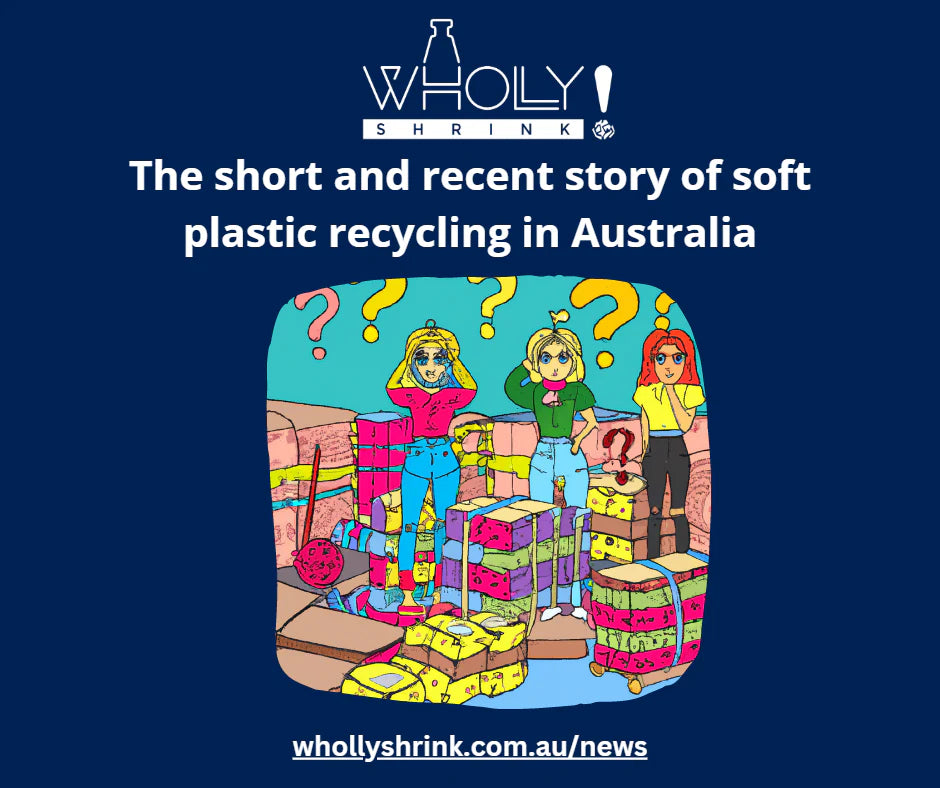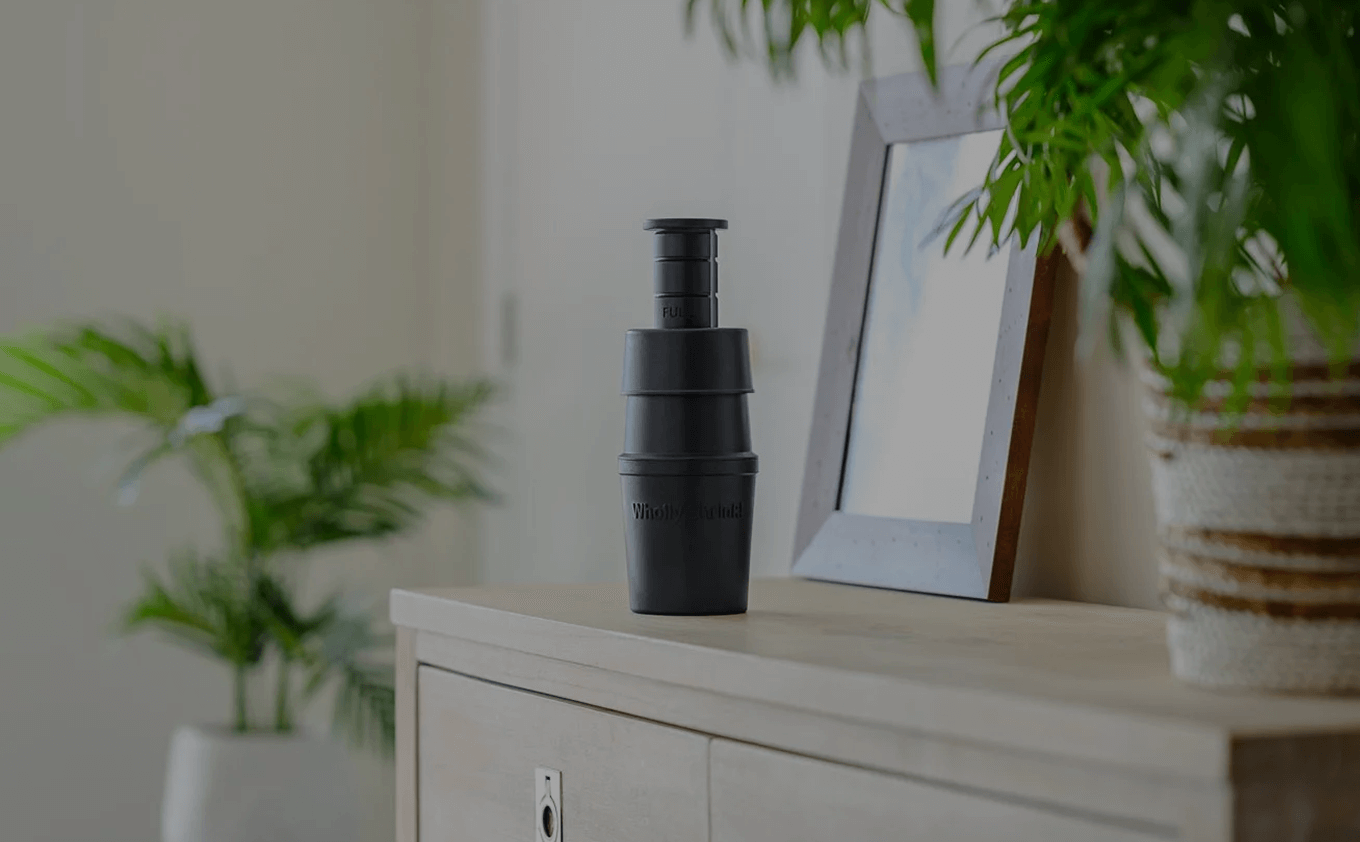
The short and recent story of soft plastic recycling in Australia
Once upon a time in Australia, there was a comical chaos surrounding soft plastic recycling. Soft plastics were piling up faster than the speed of light, creating mountains of squishy confusion. People were perplexed about what to do with their plastic bags, wrappers, and packaging, and the situation seemed to have spiraled into a plastic nightmare.
To save the day, the mighty supermarket retailers ALDI, Coles, and Woolworths joined forces and formed the Soft Plastics Taskforce. With capes flying and shopping carts in hand, they set out to tackle the soft plastic debacle.
On a sunny day in March, the Taskforce unveiled their master plan, the "Roadmap to Restart." This roadmap aimed to restore soft plastic recycling and manage the towering stockpiles of plastic. Their first step was a pilot program for in-store collection. People could bring their soft plastics to select stores, turning shopping trips into recycling adventures. However, with a recycling rate as low as 2%, they knew they had their work cut out for them.
The Taskforce knew they couldn't do it alone. They reached out to other retailers, e-commerce platforms, and even consumer brands that were guilty of generating soft plastics. They called upon them to contribute to the in-store collection program, hoping that together they could make a dent in the plastic pile-up.
But the success of their plan depended on more than just cooperation. They needed to clear the existing stockpiles and overcome the limitations of Australia's recycling infrastructure. It was a challenge that seemed as slippery as a plastic bag on a wet floor.
As the Taskforce continued their crusade, they realized the importance of restoring public trust in soft plastic recycling. They wanted to assure the public that all the collected soft plastics would be properly recycled. They knew they had to win hearts and minds, not just plastic bags.
Undeterred, the Taskforce focused on increasing recycling capacity. They encouraged new operators to join the cause and existing processors to expand. Slowly but surely, they hoped to conquer the mountainous plastic problem.
Meanwhile, a national plastics recycling scheme was being trialed in select areas. The Taskforce threw their support behind it, hoping it would become the superhero of soft plastic recycling. They also cheered on the Victorian Government's consultation on including soft plastics in kerbside recycling bins, urging other governments to follow suit. It was a united effort to save the planet, one soft plastic at a time.
Throughout the year, the Taskforce promised to keep everyone updated on their progress. They knew transparency was essential, not only for the public but also because the ACCC was watching their every move. The Taskforce had no choice but to be open about their operations, lest they face the wrath of the regulatory superheroes.
And so, with capes billowing and shopping carts rolling, the Soft Plastics Taskforce embarked on their hilarious and heroic quest to conquer the soft plastic chaos. Only time would tell if they could turn the plastic nightmare into a recycling dream, but one thing was for sure — it was going to be a wild and wacky adventure down the plastic-filled aisles of Australian recycling history.



